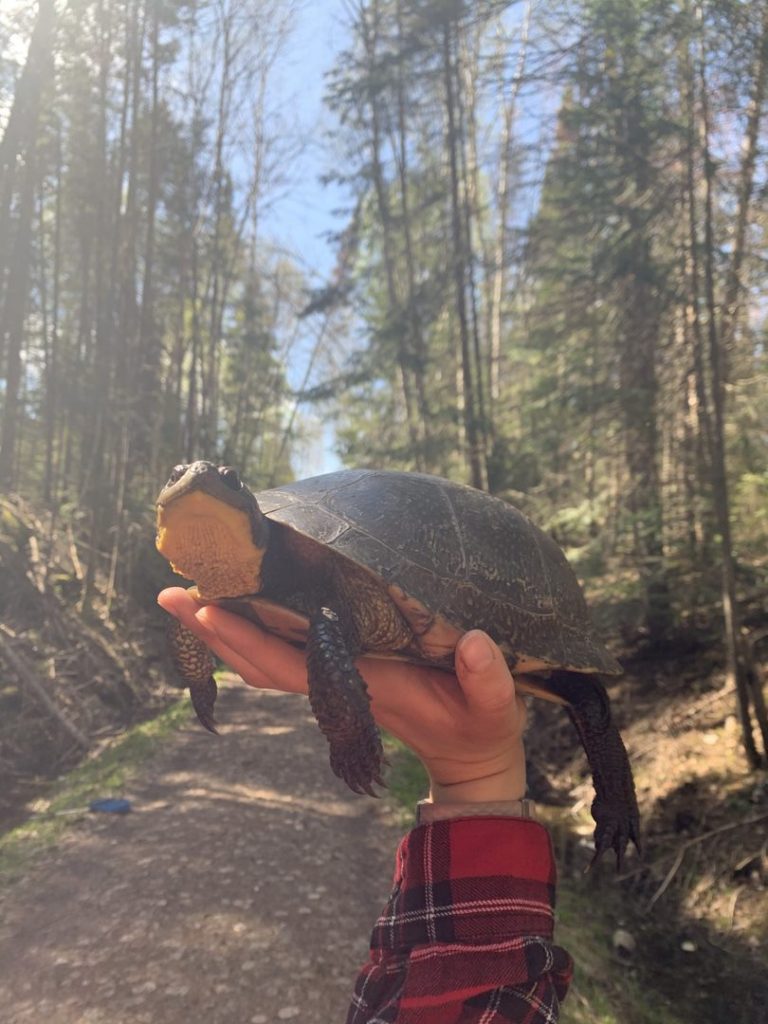
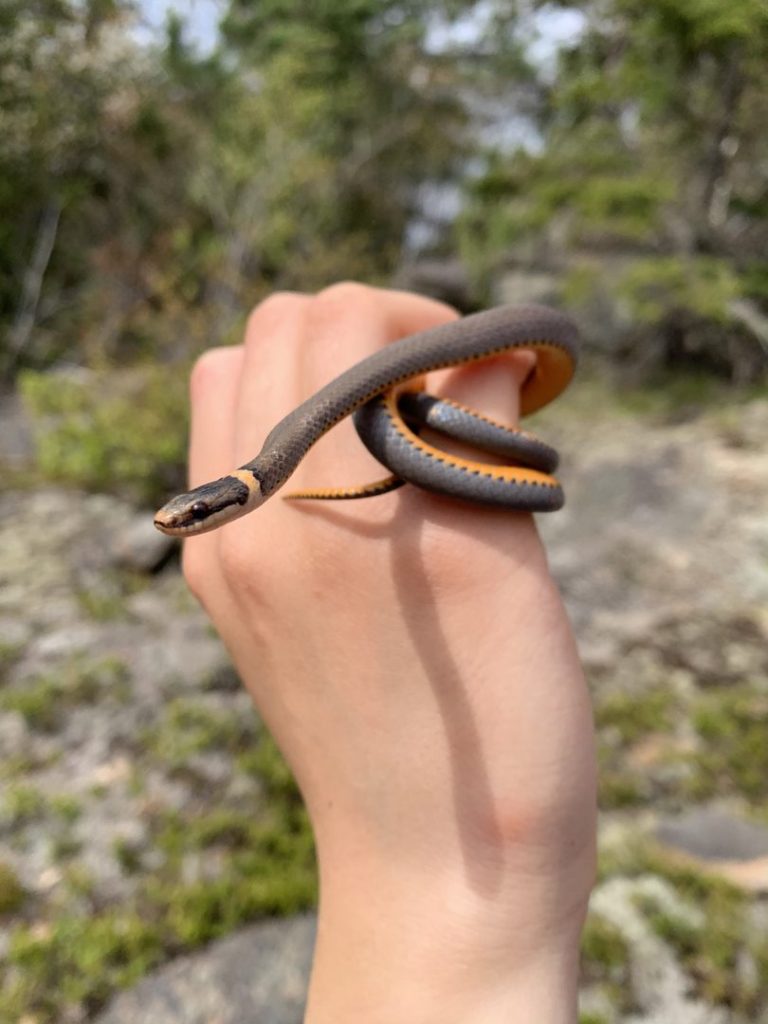
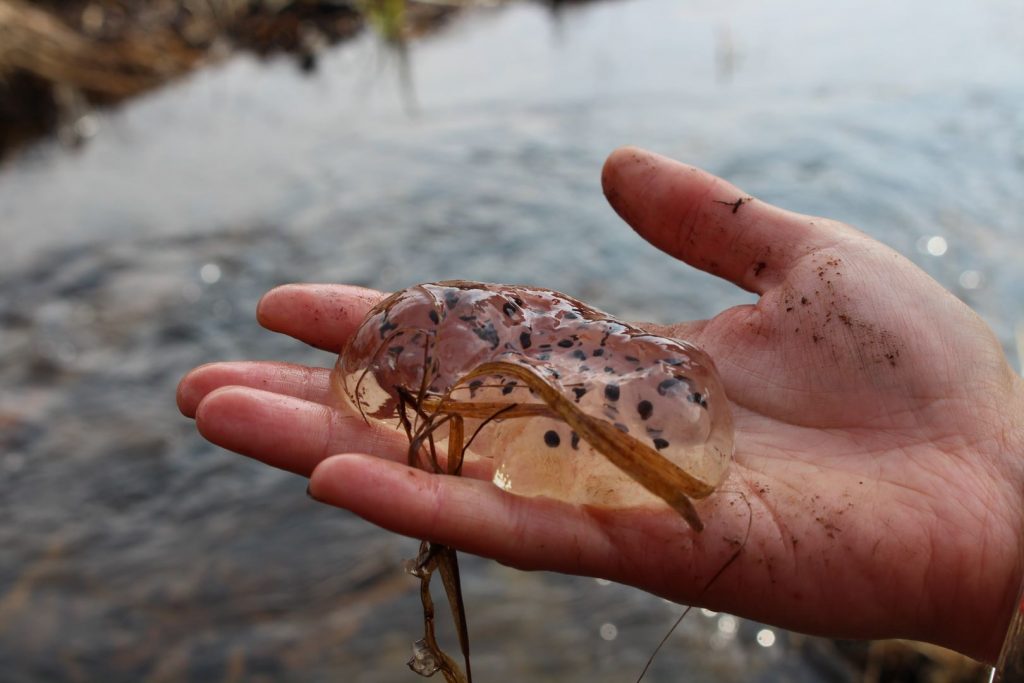
Evolutionary Ecology and Conservation of Ectothermic Vertebrates
***SEE HERE FOR A FUNDED PHD POSITION STARTING IN 2025***
Our research is in evolutionary ecology but blends various fields, especially behaviour and conservation.
We combine long-term monitoring, field and lab experiments, and metadata to explore the evolution of life histories, maternal effects, patterns of growth, sex determination, and thermal traits.
Our work is motivated by theory and rooted in natural history. We aim to push forward our understanding of life histories and life cycles while conserving our planet’s biodiversity.
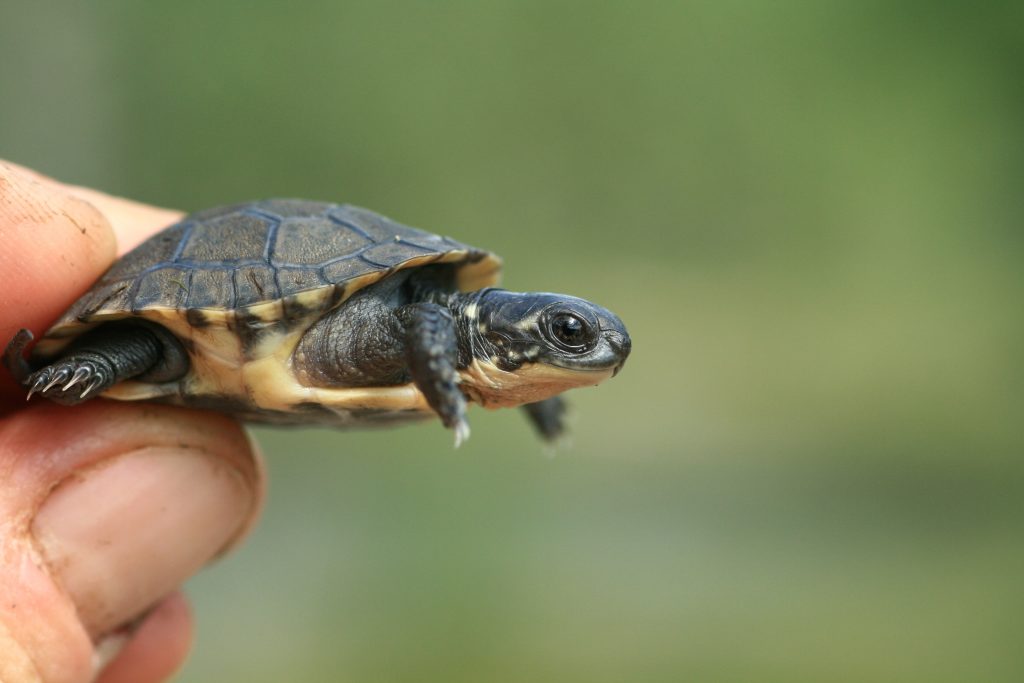
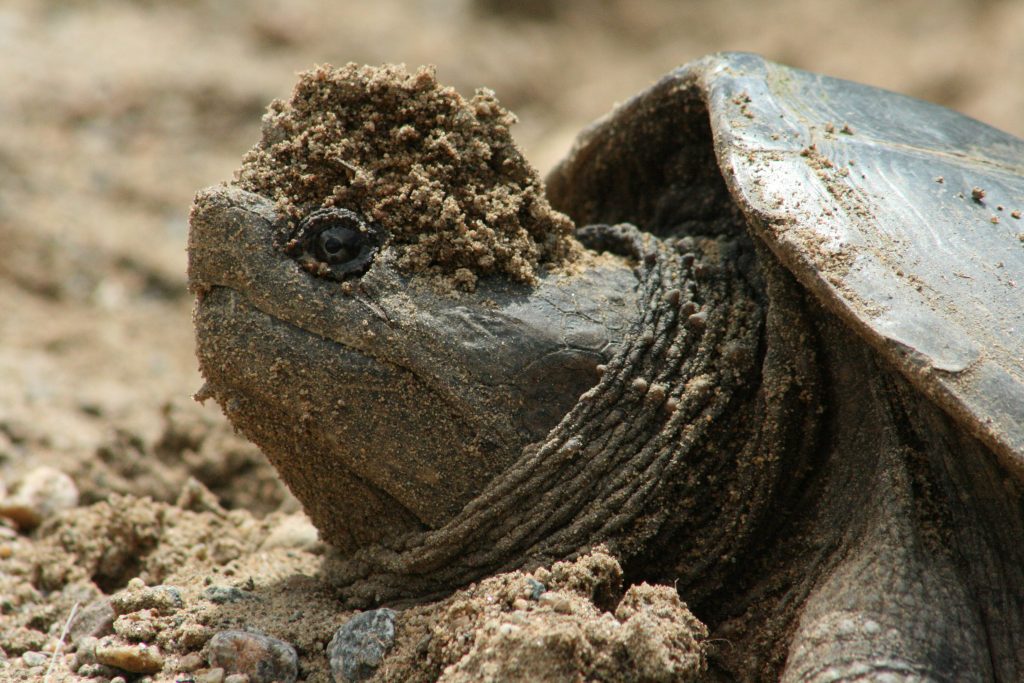
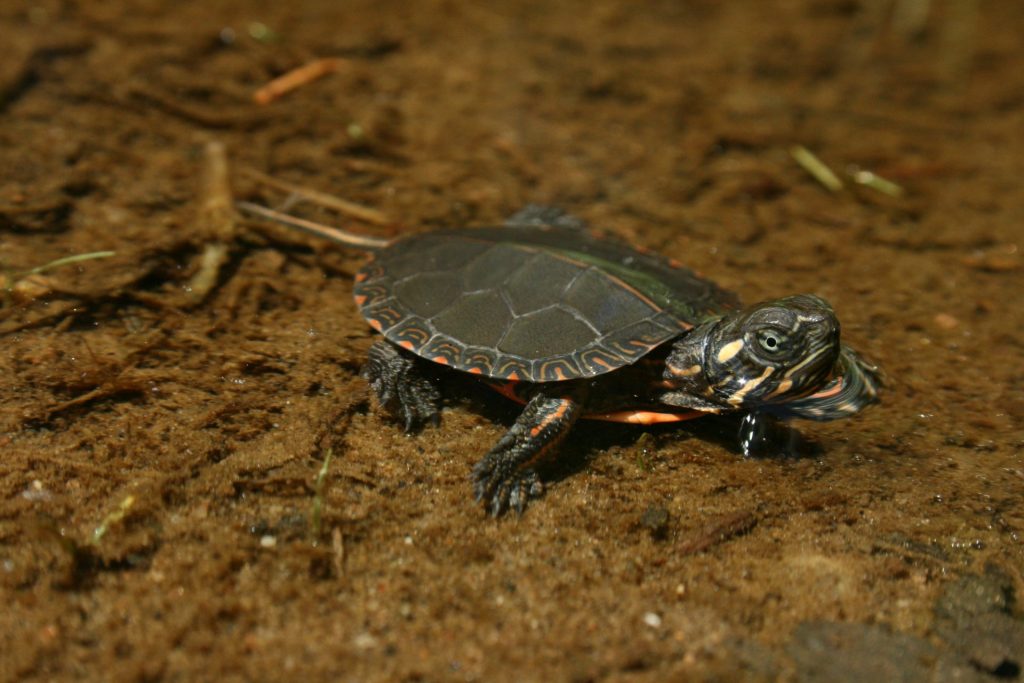
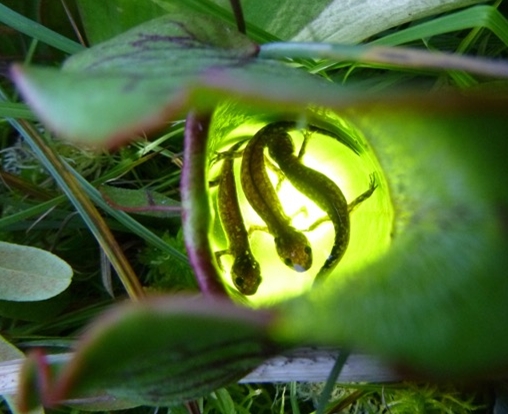
We work primarily in the Algonquin Dome, an extraordinarily cool, upland region between Georgian Bay and Ottawa in Ontario, Canada. Ectotherms in the Algonquin Dome have adapted to the low temperatures and short growing seasons of this ecosystem over millennia. We study evolutionary ecology in this environment, and how the native ectotherms respond to climate change as the dome experiences rapid warming.
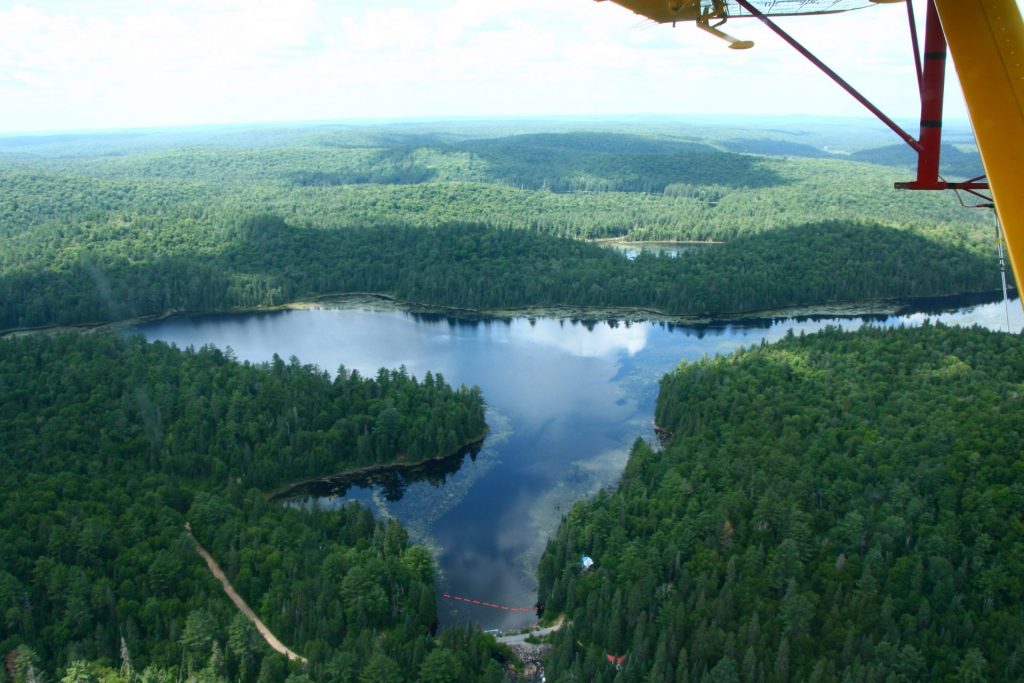
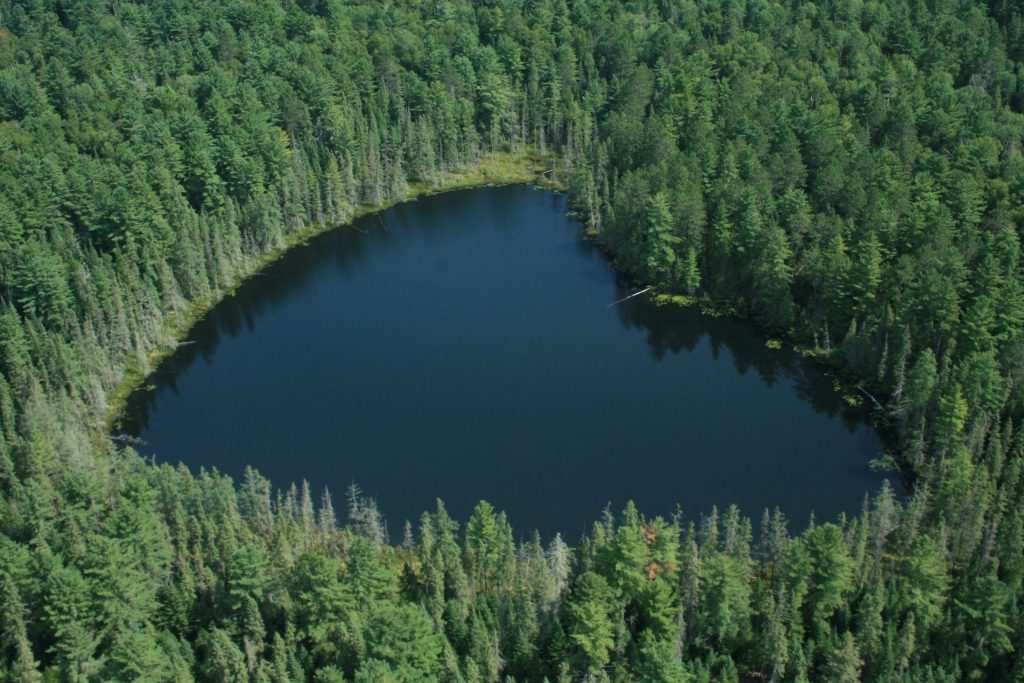
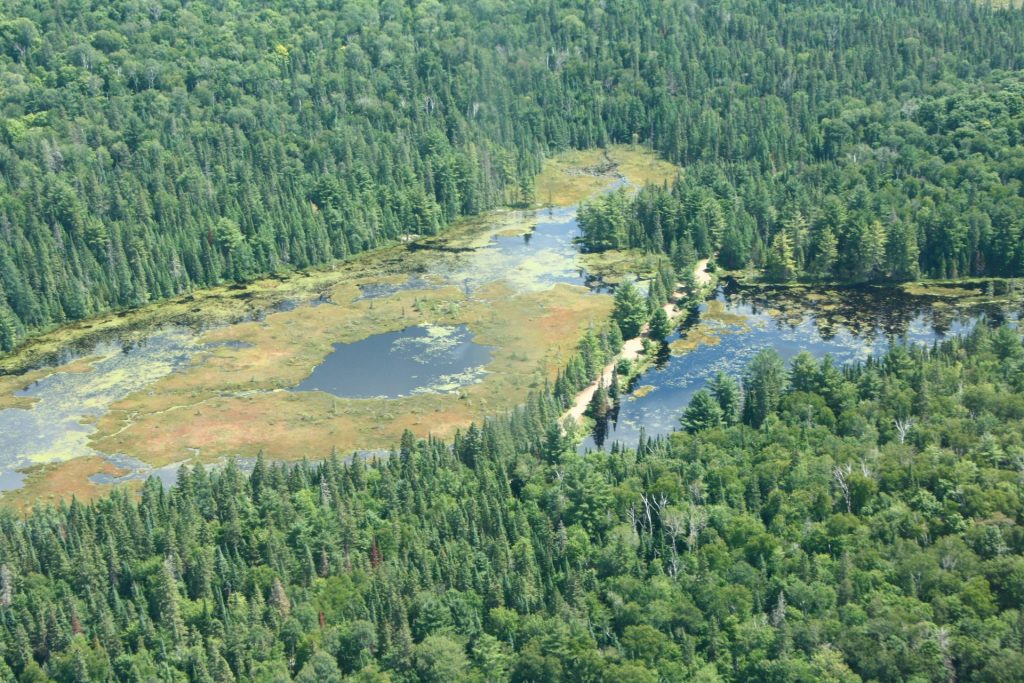
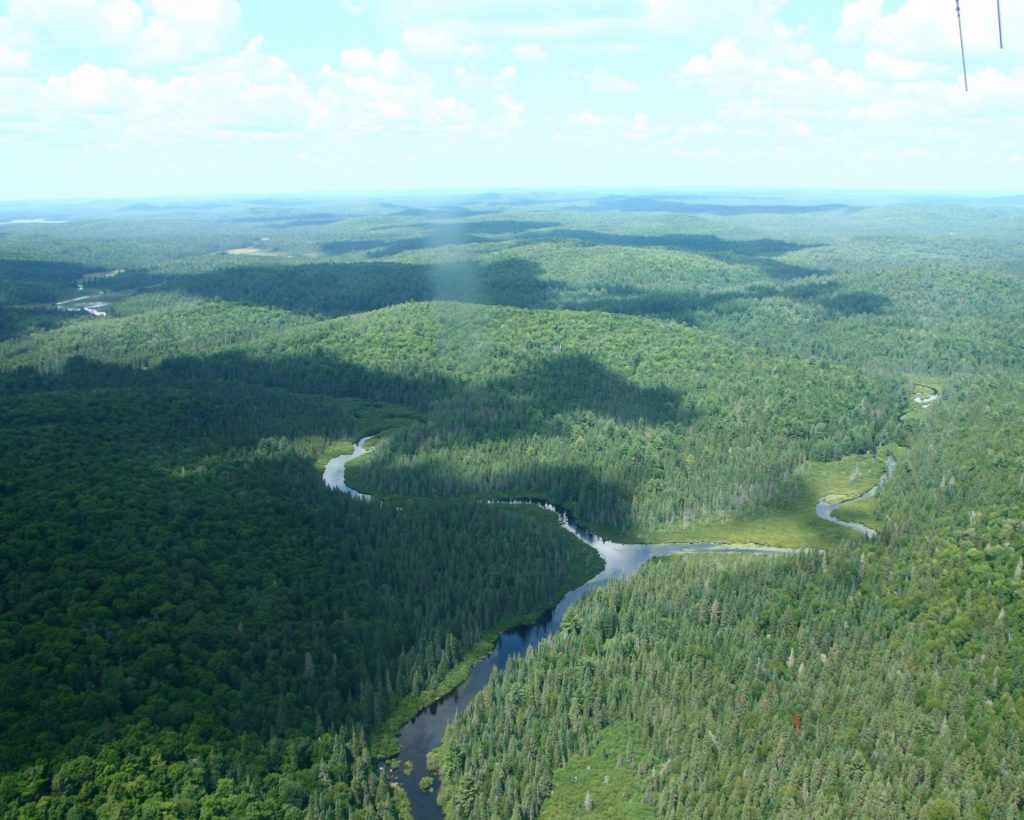
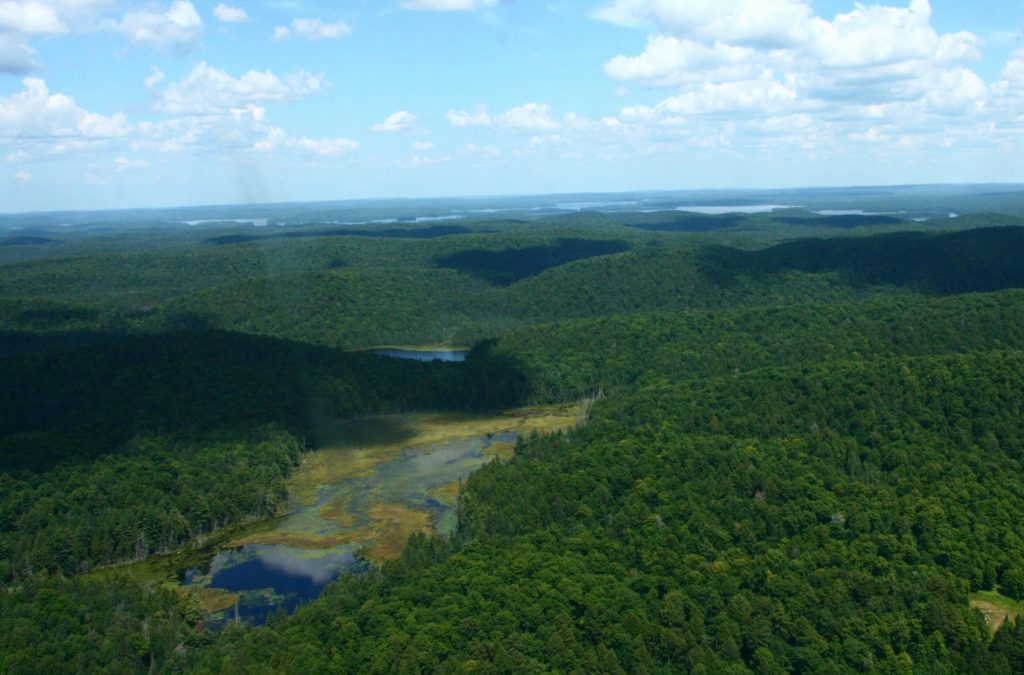
Deep in Algonquin Park, we have been monitoring several species and populations of reptiles and amphibians for decades. We are currently collaborating with Dr. Jackie Litzgus to maintain the Algonquin Park long-term turtle study, which was founded by Dr. Ron Brooks in 1972. Students are also maintaining the long-term study of spotted salamanders in Algonquin; a project that is supported and organized by Patrick Moldowan. The monitoring programs have resulted in thousands of individually-based data records on growth, survival, and reproduction. These long-term data are complemented by field and lab experiments that explore how ectotherms adapt to seasonal environments.
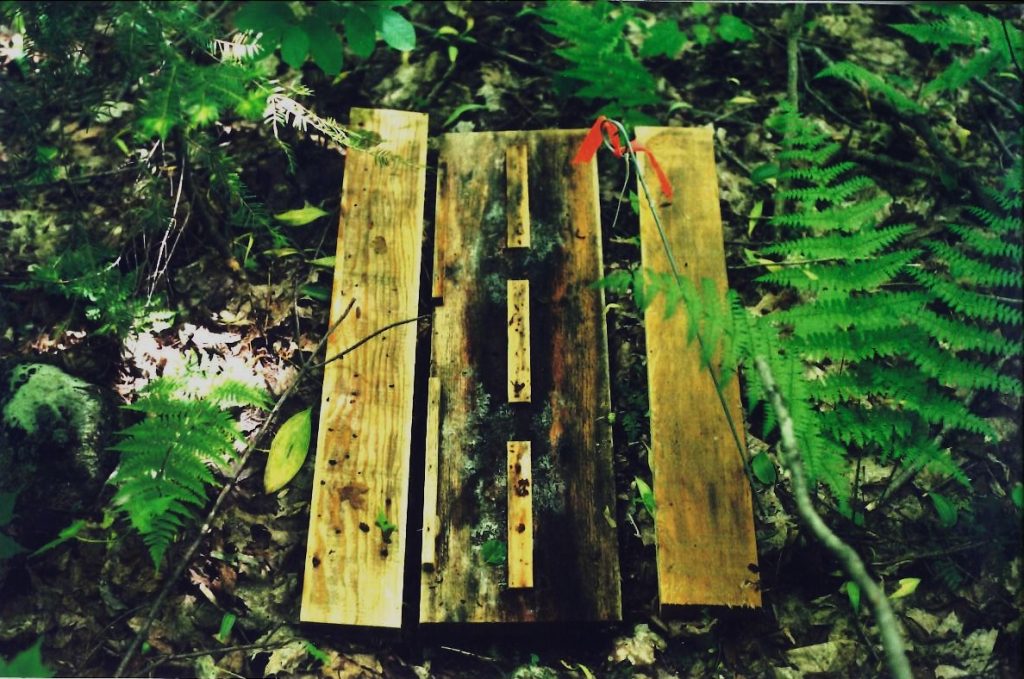
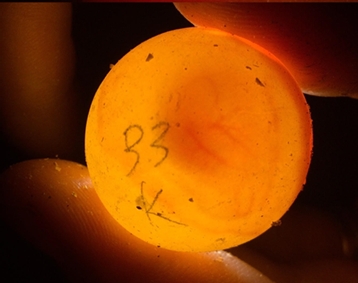
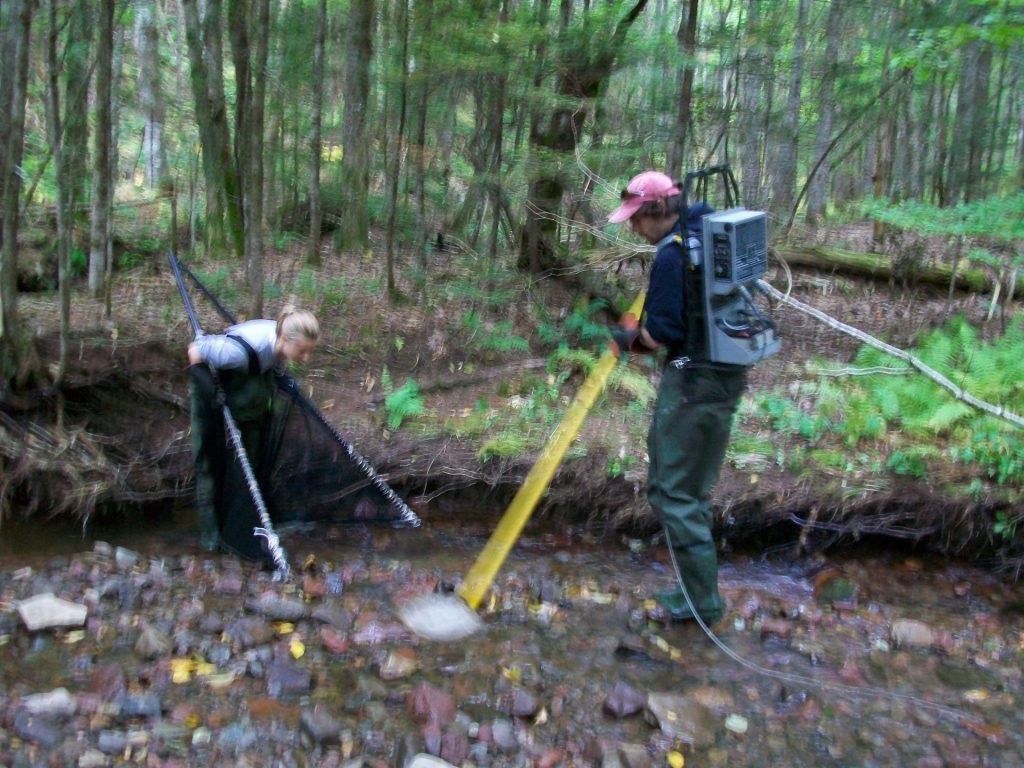
Outside Algonquin Park, we collaborate widely, with government and non-government partners, either working directly with reptiles, amphibians, or fish, or leveraging large datasets that allow us to explore big questions in evolutionary ecology and conservation.
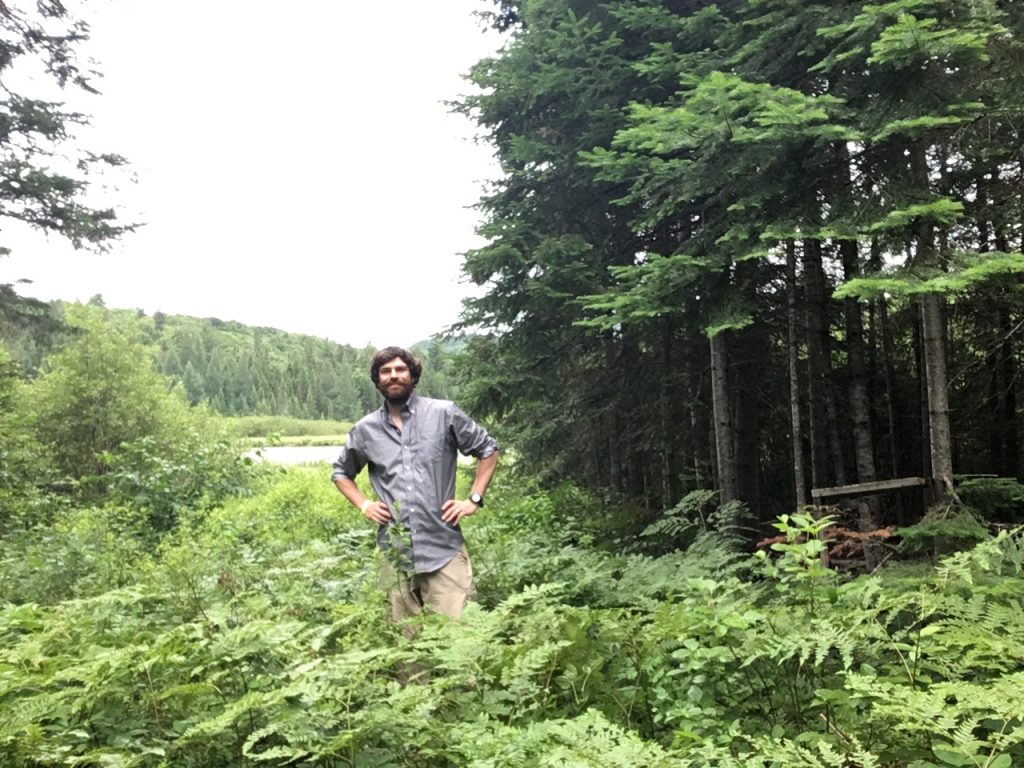
Recent Comments